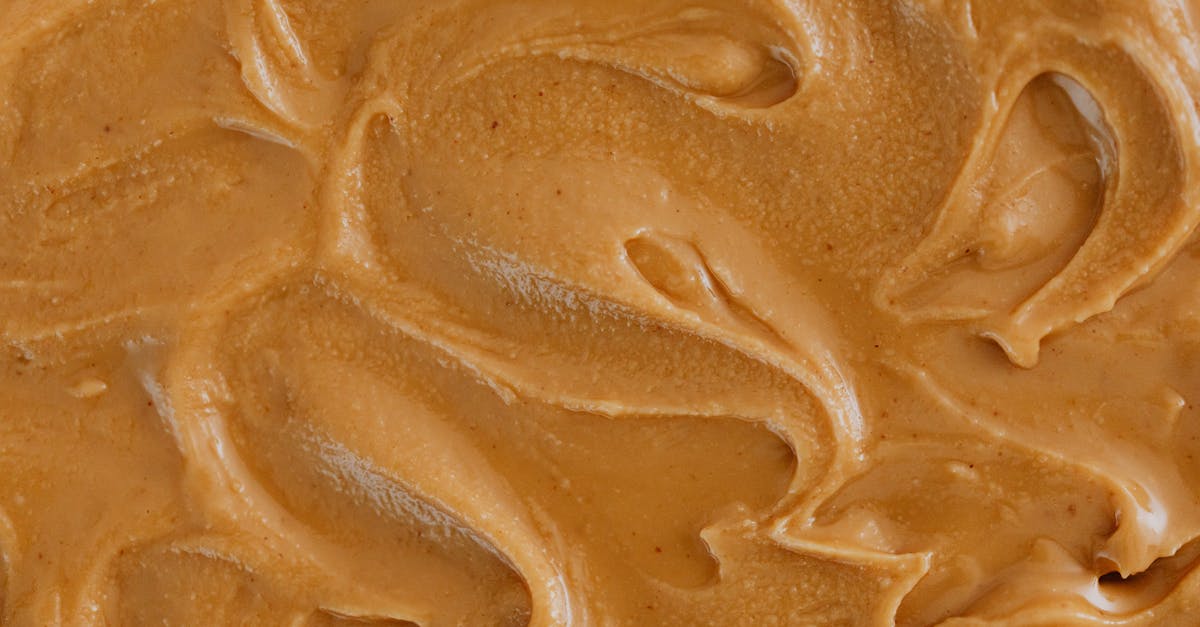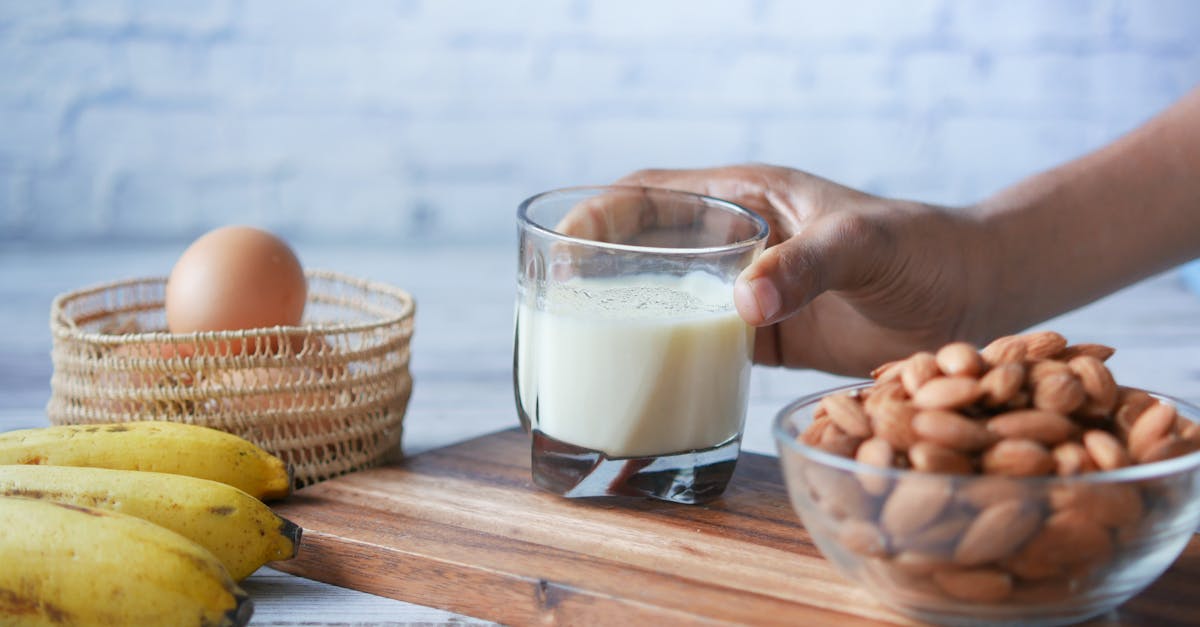When it comes to ensuring that your 3-year-old is healthy and gaining weight appropriately, choosing the right foods is crucial. At this age, children are growing rapidly, and their nutritional needs are different from those of adults. This article provides a detailed food chart that outlines essential foods for weight gain, along with explanations of how each food contributes to your child’s growth.
| Food Item | Benefits | Serving Size |
|---|---|---|
| Whole Milk | Rich in calcium and fats for growth | 1 cup |
| Avocado | High in healthy fats and calories | ½ medium |
| Peanut Butter | Protein-rich and calorie-dense | 2 tablespoons |
| Eggs | Complete protein source with vitamins | 1 large |
| Oatmeal | High in fiber and energy | ½ cup cooked |
| Bananas | Natural sugars and potassium | 1 medium |
| Cheese | Calcium-rich and energy-dense | 1 ounce |
| Chicken | Lean protein for muscle growth | 1 ounce |
| Sweet Potatoes | High in carbohydrates and vitamins | ½ medium |
| Quinoa | Complete protein and high in fiber | ½ cup cooked |
Whole Milk
Whole milk is a fantastic source of calcium and healthy fats, which are essential for your child’s bone development and overall growth. At age three, children need adequate fat in their diet for brain development, and whole milk provides that in a delicious form that most kids enjoy. Aim for one cup a day to meet their nutritional needs.

Avocado
Avocado is a nutrient powerhouse, packed with healthy fats and calories that are vital for weight gain. They contain monounsaturated fats, which are heart-healthy, and are also rich in fiber, vitamins, and minerals. A half medium avocado can be a great addition to meals or snacks for your child.

Peanut Butter
Peanut butter is a favorite among kids and is an excellent source of protein and healthy fats. Just two tablespoons provide a significant caloric boost, making it a perfect food for weight gain. Spread it on whole-grain bread or serve it with fruit for a nutritious snack.

Eggs
Eggs are one of the most versatile foods and are packed with high-quality protein, essential fatty acids, and vitamins. A large egg can be prepared in various ways, making it an easy addition to your child’s diet. Regular consumption supports muscle growth and overall development.

Oatmeal
Oatmeal is a wonderful source of complex carbohydrates and fiber, providing sustained energy throughout the day. It is easy to prepare and can be customized with fruits, nuts, or honey to enhance its flavor and nutritional profile. Half a cup of cooked oatmeal is an excellent breakfast choice for your toddler.

Bananas
Bananas are not only delicious but also a great source of natural sugars and potassium, which are crucial for energy and muscle function. They are easy to digest and can be served as a snack or added to cereals and smoothies. A medium banana is a perfect portion for little ones.

Cheese
Cheese is another calorie-dense food that provides a good amount of calcium and protein. Just one ounce of cheese can be a tasty and nutritious snack. Incorporating cheese into your child’s meals can help meet their daily caloric needs while also adding flavor.

Chicken
Chicken, particularly lean cuts, is an excellent source of protein that supports growth and development. One ounce of cooked chicken can be added to various dishes, providing essential nutrients without excessive fat. It’s a staple that should be included in your child’s diet.

Sweet Potatoes
Sweet potatoes are rich in carbohydrates and vitamins, making them an ideal food for weight gain. They are also packed with antioxidants, which are beneficial for overall health. Serving half a medium sweet potato can be a great way to provide your child with energy and nutrients.

Quinoa
Quinoa is a complete protein, meaning it contains all nine essential amino acids. It’s also high in fiber, making it a filling food that can support weight gain. Half a cup of cooked quinoa can be a nutritious side dish or base for various meals, making it a valuable addition to your child’s diet.

FAQ
What should I do if my child is not gaining weight?
If your child is not gaining weight as expected, it is essential to consult with a pediatrician. They can evaluate your child’s growth patterns, dietary intake, and overall health to determine if there are underlying issues that need to be addressed.
How many calories does a 3-year-old need?
On average, a 3-year-old needs about 1,200 to 1,400 calories per day, depending on their activity level. It’s important to focus on providing nutrient-dense foods that can help meet these caloric needs while also supporting healthy growth.
Can I give my child supplements for weight gain?
While some children may require supplements, it is generally best to focus on whole foods to meet their nutritional needs. If you are considering supplements, consult with a healthcare professional for personalized advice.
How can I make meals more appealing to my child?
To make meals more appealing, try involving your child in the cooking process, using colorful fruits and vegetables, and presenting food in fun shapes or arrangements. Engaging their senses can encourage them to try new foods and enjoy mealtime.
References:
– [CDC – Healthy Weight](https://www.cdc.gov/healthyweight/index.html)
– [WHO – Growth Reference](https://www.who.int/tools/growth-reference-data-for-5-19-years)
– [Nutrition.gov – Child Nutrition](https://www.nutrition.gov/topics/food-safety/child-nutrition)
